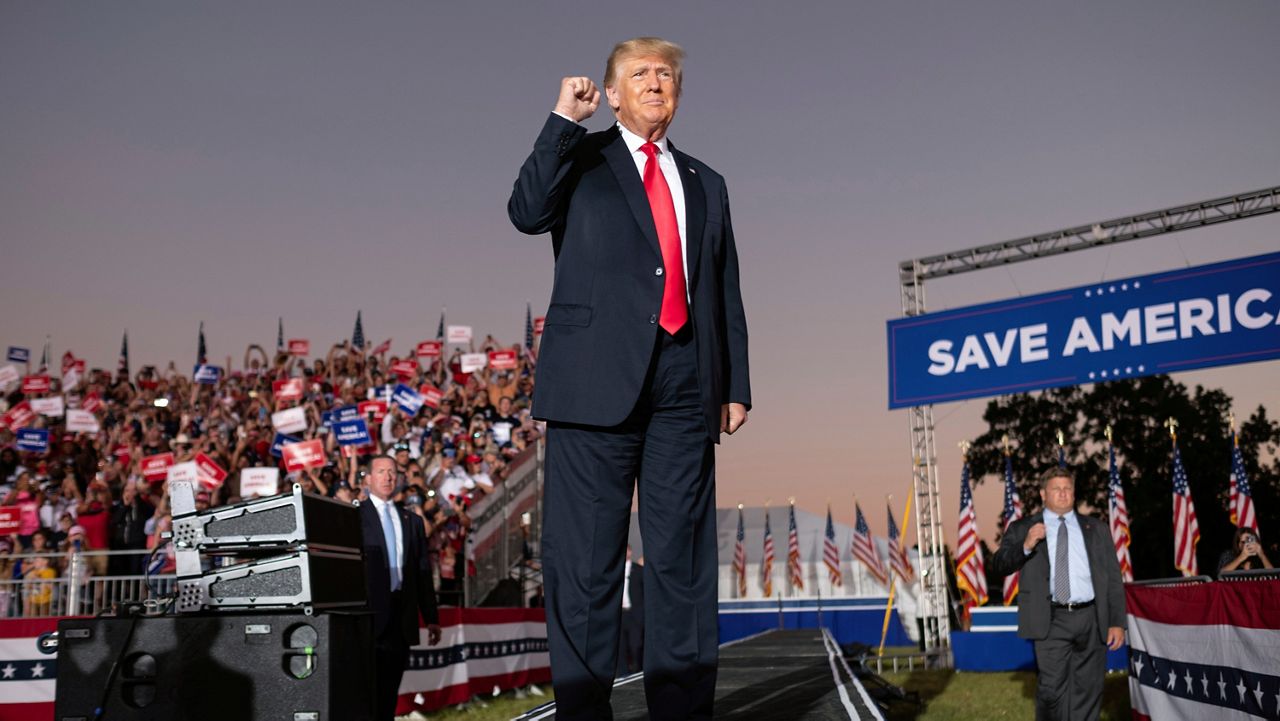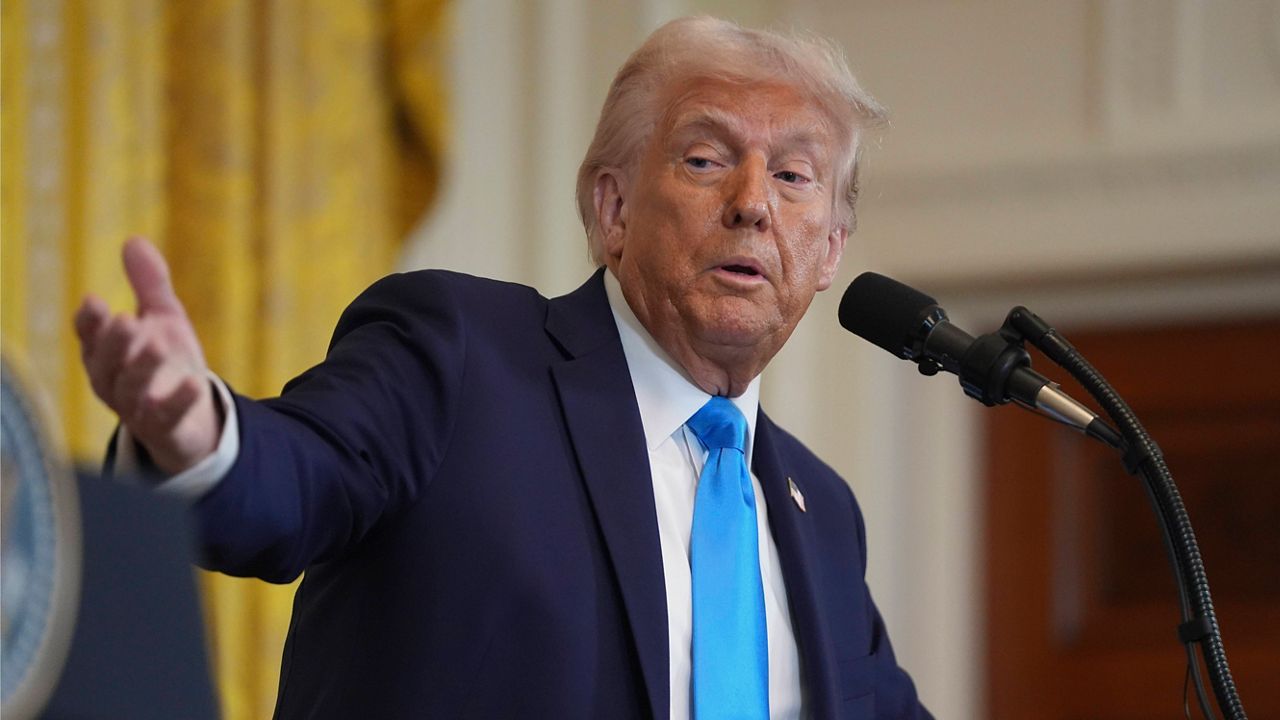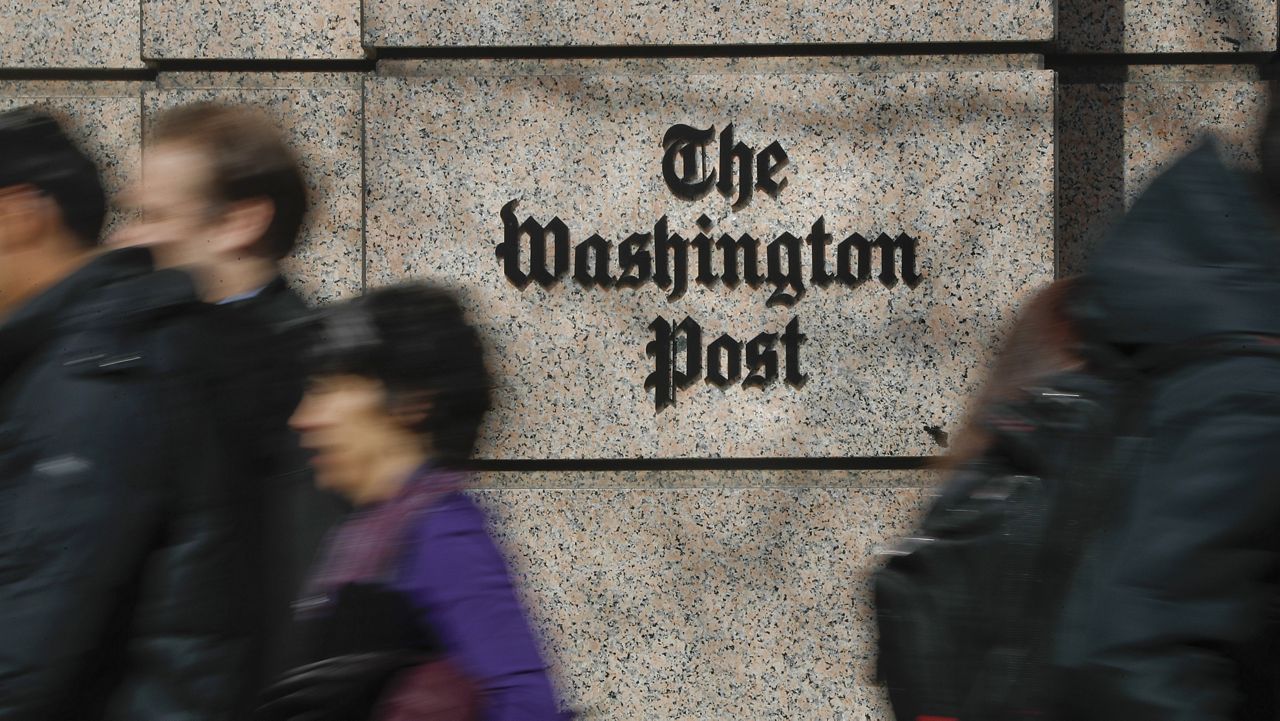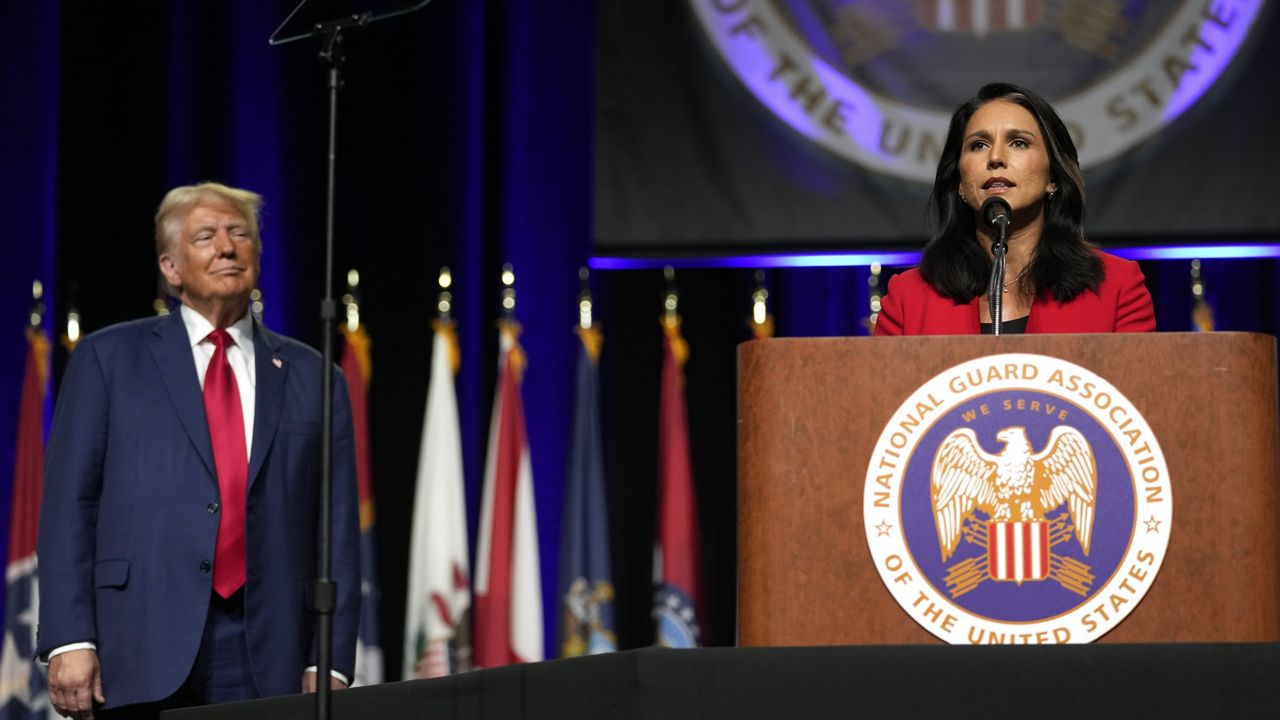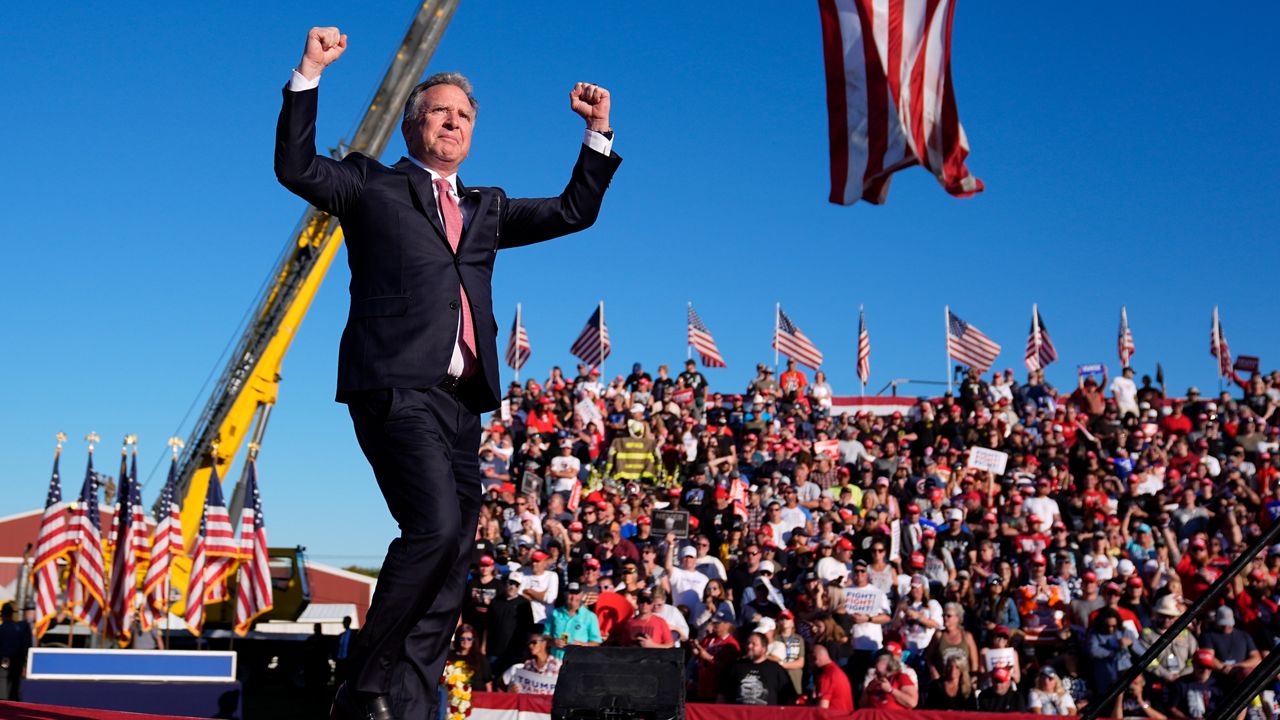The Georgia district attorney investigating former President Donald Trump's efforts to overturn the state's 2020 election results will be allowed to seat a special grand jury to aid the investigation.
"The special purpose grand jury shall be authorized to investigate any and all facts and circumstances relating directly or indirectly to alleged violations of the laws of the State of Georgia," Christopher Brasher, chief judge of Fulton County Superior Court, wrote in the order approving the request on Monday.
The jury will be empaneled on May 2 and will continue "for a period not to exceed 12 months," Brasher wrote. Fulton County Superior Court Judge Robert McBurney has been assigned to supervise and assist the special grand jury.
The news was first reported by CNN.
In a letter last week, Fulton County District Attorney Fani Willis asked Brasher to impanel a special grand jury, writing that her office "has received information indicating a reasonable probability that the State of Georgia’s administration of elections in 2020, including the State’s election of the President of the United States, was subject to possible criminal disruptions."
Willis has declined to speak about the specifics of her investigation, but she told The Associated Press earlier this month that its scope includes, but is not limited to:
- A Jan. 2, 2021, phone call between Trump and Georgia Secretary of State Brad Raffensperger, where Trump pressured the official to "find 11,780 votes" to give him the win over Joe Biden
- A November 2020 phone call between Sen. Lindsey Graham and Raffensperger, where the South Carolina lawmaker asked him whether he had the power to reject certain absentee ballots, a question Raffensperger interpreted as a suggestion to toss out legally cast votes
- The abrupt resignation of Byung J. “BJay” Pak, the U.S. attorney in Atlanta on Jan. 4, 2021, and;
- Comments made during December 2020 Georgia legislative committee hearings on the election
"Anything that is relevant to attempts to interfere with the Georgia election will be subject to review," Willis said to The New York Times last year.
A special grand jury would have the power to subpoena witnesses. Special grand juries, which are not used often in Georgia, can help in the investigation of complex matters. They do not have the power to return an indictment but can make recommendations on criminal prosecutions.
Willis wrote in her request that her office has tried to interview multiple witnesses and gather evidence, and some witnesses and prospective witnesses have refused to cooperate without a subpoena, specifically calling out Raffensperger.
"We have made effort to interview multiple witnesses and gather evidence, and a significant number ofwitnesses and prospective witnesses have refused to cooperate with the investigation absenta subpoena requiring their testimony," Willis wrote. "By way of example, Georgia Secretary of State Brad Raffensperger, an essential witness o the investigation, has indicated that he will not participate in an interview or otherwise offer evidence until he is presented with a subpoena by my office."
In her letter, Willis referenced an exchange Raffensperger had with NBC News host Chuck Todd, where the Georgia election official said, "if she wants to interview me, there’s a process for that."
In a statement last week, Trump called his call to Raffensperger “perfect” and said he did not say anything wrong before espousing a number of false, baseless claims about voter fraud in the election. Graham has also denied any wrongdoing.
Georgia counted its votes in the 2020 election three times, including a hand tally, and affirmed that Biden beat Trump by nearly 12,000 votes, becoming the first Democrat to win the Peach State since Bill Clinton in 1992.
There is no evidence of widespread voter fraud in Georgia, nor was there any evidence of widespread voter fraud in the 2020 presidential election, a statement backed up by officials from both parties. State and federal courts nationwide, including the Supreme Court, rejected multiple legal challenges to the election results brought by Trump and his allies.
Willis sent letters to top elected officials in Georgia in February instructing them to preserve any records related to the general election, particularly any evidence of attempts to influence election officials
The probe includes “potential violations of Georgia law prohibiting the solicitation of election fraud, the making of false statements to state and local government bodies, conspiracy, racketeering, violation of oath of office and any involvement in violence or threats related to the election’s administration."
This is a developing story. Check back later for further updates.
The Associated Press contributed to this report.




